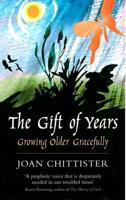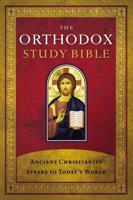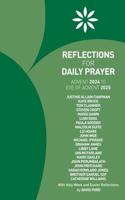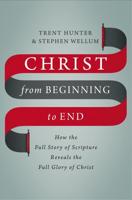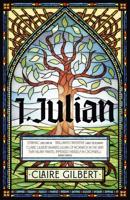Publisher's Synopsis
From creationism to The God Delusion, the public dialogue of science and religion either uses the early chapters of Genesis in a naïve and simplistic way or rejects their relevance to contemporary questions. This is reinforced by the myth that Darwin caused a rejection of a literalistic reading of Genesis 1 and from that point most Christian theology lost any confidence in these texts. The truth is far more complex. Jewish and Christian interpretation of the early chapters of Genesis had a long a fruitful history from the earliest times. In the 19th century, many more important issues were at stake than biblical literalism, and there were many different interpretations of how the discoveries of Darwin helped or hindered the reading of the biblical text. Today, theologians are returning to the importance of Genesis as a partner in dialogue with science, gender, and environmental care. As the distinguished authors of the papers in this volume show, far from Darwin burying these ancient texts, he has liberated them to speak in new and different ways. The volume is divided into three parts. In the first, the authors explore how the scriptures themselves were interpreted before the time of Darwin. The fact that non-literal interpretations were standard in early Jewish and Christian thought is often ignored. In fact, these insightful early interpretations have much to teach us today. Part II presents essays on the real history of the Darwin controversies. Exploding the myths about this period, it is fascinating to see how Darwin was welcomed by many religious thinkers. In Part II, the authors apply the insights of Genesis post Darwin to contemporary issues today, such as: what it means to be human, questions of gender, and of evil and environmental care. The final chapter deals with the rise of creationism in its current social context.





